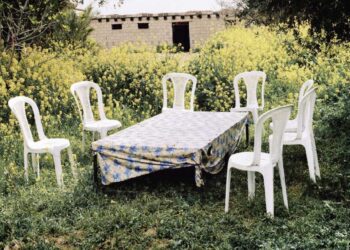Rachid* stepped off the bus two hours before sunrise. The air was cold, clouds hanging low across the sky pressing down on him and leaving him feeling suffocated. He got his bearings and found his next bus stop, a local service taking him to his final location. It had taken him 50 days. Now, he was almost there — his friends waited for him with the promise of a hot shower, coffee, and safety.
Since arriving in Grenoble several days earlier he had been alone — the friends he made on his journey from Istanbul seven weeks earlier had gone separate ways, and he was left alone again for the final leg of his journey, bored and anxious for his journey to end. This time he was taking public transport — the risk of arrest and deportation in southern France and Spain was low. The days of hiding indoors and sneaking across borders were behind him. He had no idea what to expect, but knew that he had to do whatever it takes to make this work — it had cost him everything to make it this far, and it had to work.
Back in Morocco he could never have imagined the scale of the greenhouses laid out before him. The bus lumbered past hundreds of plastic covered greenhouses, momentarily exposed by vehicle headlights and street lamps. The repeating patterns of white plastic held in place by taught metal wires and chains made him dizzy, so he turned his attention to his mobile phone — his one link to home. He wondered what his mother was doing at that moment, if his nephews and nieces were thinking about him. He hoped he could make them proud and send them money to help with spiralling living costs back home. His attention snapped back to the present as the bus stopped abruptly — San Isidro de Níjar. His stop. His future.
* Rachid’s name has been changed for his protection.
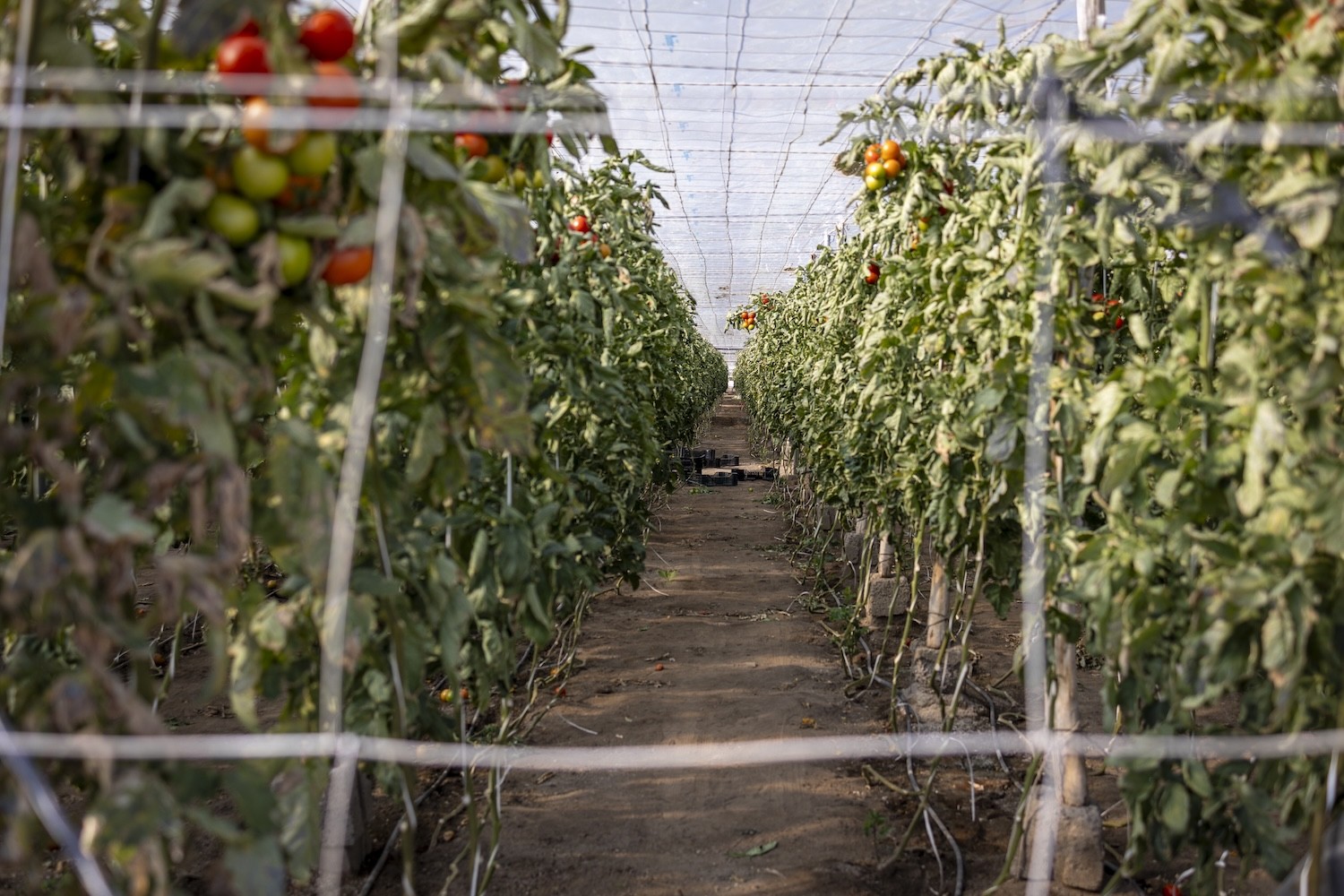
“All my assumptions were wrong”
Rachid is one of more than 100,000 migrants living in Almería, in southern Spain, working in the vast expanse of greenhouses known as the Sea of Plastic. The province contains over 33,000 hectares of tightly packed, low-lying greenhouses covered in decaying plastic sheeting to keep the harsh wind at bay and maintain a warm and humid environment year-round. These conditions have made Almería the vegetable garden of Europe. It has flung the 15,000 families who own the land here from poverty in the 1940s to one of the richest provinces in Spain. And its success relies on the continuous supply of desperate, readily exploited migrant workers.
Almería produces over 3.8 million tonnes of fruit and vegetables each year, with 80% of production destined for export — mainly Germany, France and the United Kingdom. Chances are, if you go down to any supermarket or greengrocer, especially in winter and spring, and look at the label on boxes of tomatoes, cucumbers, peppers, and aubergines, much will come from Almería. But this convenient access to year-round, low-cost fruit and vegetables has a cost. Fragile wetland and desert ecosystems have been stripped and sterilised, covered with plastic. The ancient aquifer up to a kilometre below the ground has been overexploited, now tainted with salty seawater and agrochemicals. Over 33,000 tonnes of thin plastic sheeting is discarded every year — it litters the landscape, clogging temporary riverbeds and drifting into the nearby Cabo de Gata Natural Park like dystopian tumbleweed.
There are social costs, too. Only two thirds of the workforce here is legally registered and documented — the rest are employed illegally as they desperately wait for documents, exploited and underpaid, and frequently exposed to dangerous heat, chemicals and labour abuse, even physical and sexual assault. But the authorities turn a blind eye to their suffering — cheap labour is vital for the economic stability of the region.
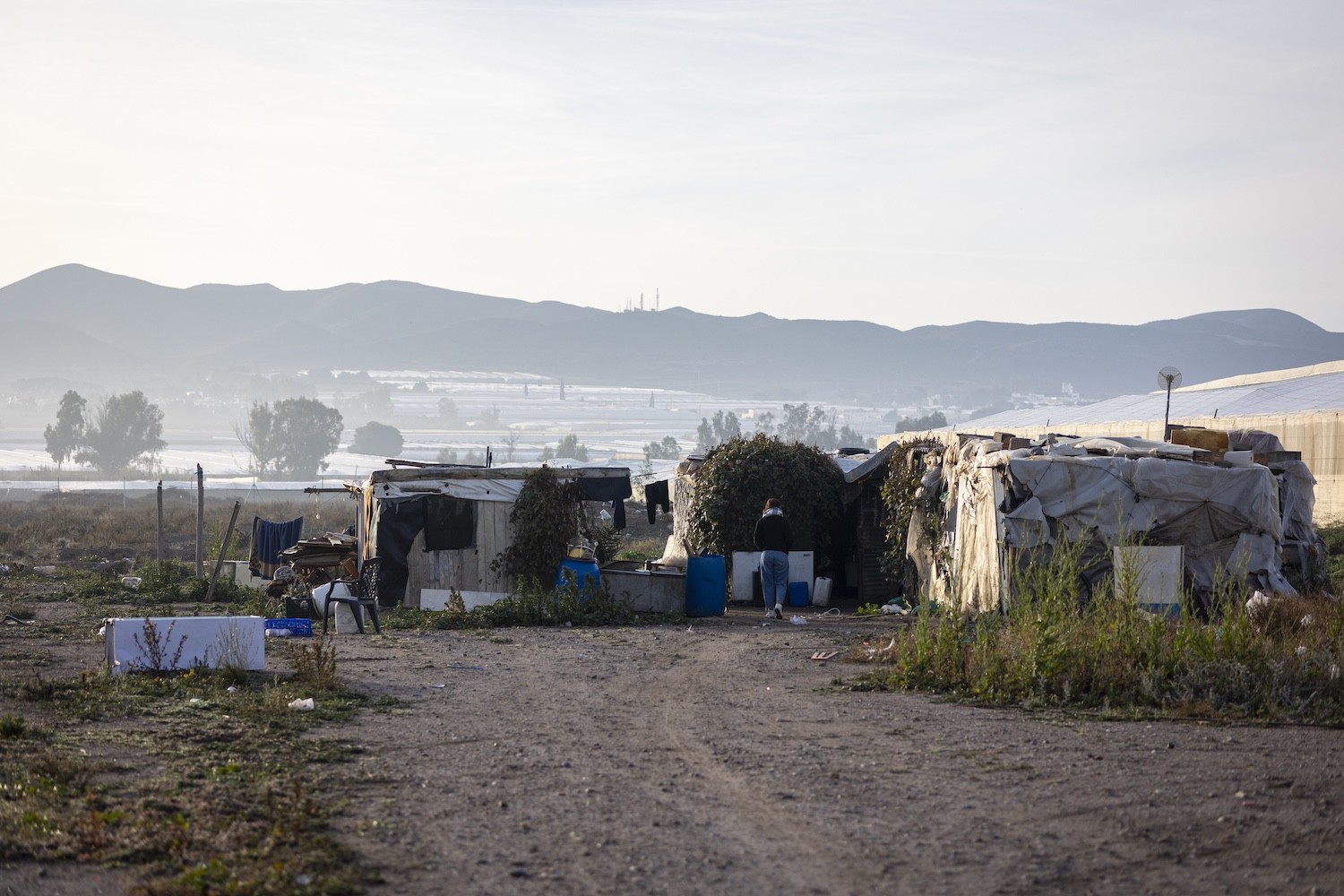
Amongst the greenhouses, I sit with Rachid in his small breeze-block house in the chabola (an informal settlement of very basic dwellings made from breeze blocks and discarded greenhouse palettes and plastic sheeting) as we share iftar during Ramadan. “I thought that I would come here and find easy work, but all my assumptions were wrong” — he explains his difficulty in finding work since arriving in January, working only a few days in his first months before finding work a few days earlier in a greenhouse 8 kilometres away. As we chat, his housemate waves goodbye — “He’s off to break fast with his friends”, he smiles. I ask him about his impressions of the chabola when he first arrived — “I felt a kind of exhaustion and fatigue, and soon enough a lot of suffering awaited me here. But I felt very happy when I saw my friends — they offered me food, drink, and clothes, and I felt joy”. Although he faced an uncertain and challenging future here, a sense of community kept him hopeful. Hope was something that had been missing at home for a long time.
“Leaving wasn’t a choice”
Rachid is from the south of Morocco, a member of the Amazigh people indigenous to North Africa. He tells me how much he loves his country, but that institutionalised corruption and poor governance have left the people of Morocco struggling and with few alternatives. “I came to Spain because of the low income I was making, as well as the lack of responsibility and accountability of the government in Morocco, their indifference to management, and the absence of fairness and justice.” Rachid is an intelligent young man. At 24 years old he is under no illusions about how hard life will be in Almería, but is sure his life back in Morocco would have been much harder. “Before I came here, I was studying law in Morocco. I studied for two years at university, but I saw how even with a degree you have to bribe your way into a job at the end. I lost hope, so I left my degree and then went to work in a hotel. I loved that very much — showing people our beautiful country.”
Despite loving this role, he soon came across the problem so many people in Morocco struggle with. Around two thirds of employment in the country is informal, resulting in poor labour protections, low wages and exploitation. Youth unemployment has been steadily increasing over the past decade, reaching almost 40% in 2024. Young Moroccans seem to have little hope of sustainable economic opportunities. Over the last half century, Morocco has become a significant source of migrants to Europe, and stricter EU immigration policies have had little effect on the numbers of immigrants, with irregular migration increasing substantially. Countries like Italy and Spain, with relaxed approaches to regularisation of their undocumented migrant labour force, are seen as particularly attractive solutions for generations of Moroccans (and other African people) facing increasingly uncertain prospects at home.
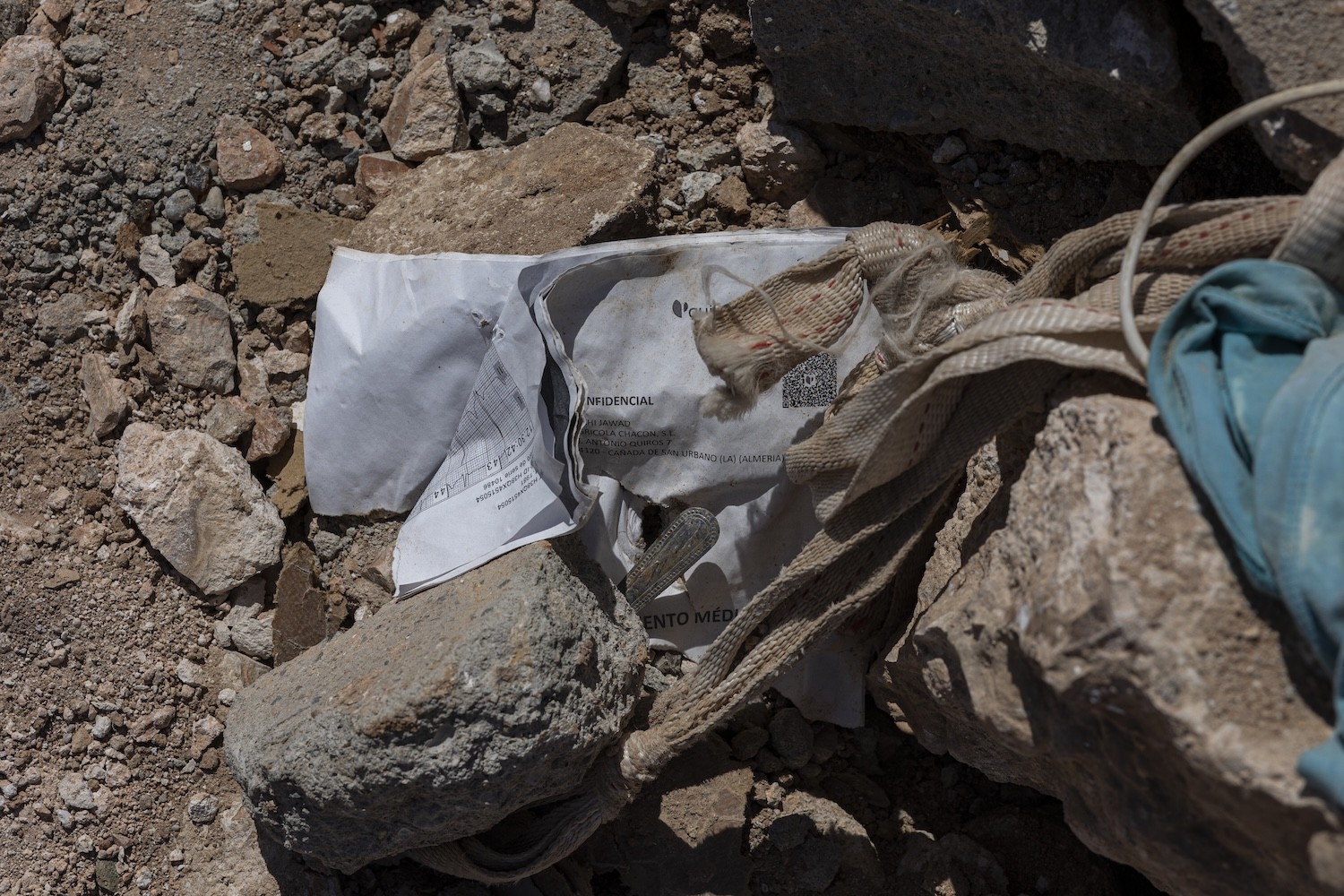
The economic uncertainty in Morocco stems partly from primary industries that are easily susceptible to shocks, like tourism and agriculture. Morocco’s own greenhouse agriculture is experiencing a steady increase in area, but much of this growth appears to be through foreign land grabs, resulting in offshoring of income. In addition, there is a mismatch between education and labour demand, meaning that the few students in tertiary education, like Rachid, typically face high competition and limited employment prospects upon completion. Morocco also has challenging demographics, with 40% of the population under 30 years old, and high competition for employment as a result. The failure of the Arab Spring movement to drive change has also resulted in widespread political disillusionment.
The challenging situation in Morocco is also made worse by strong external influence. The EU-Morocco Association Agreement (2000) opened up trade between Morocco and the EU, but favoured large, foreign-owned agribusinesses, leaving small-scale farmers struggling to compete. Along with the EU-Morocco Fisheries Partnership Agreement, international trade favours the EU and systematically depletes sovereign resources like fish stocks, disproportionately affecting small businesses and artisanal fishers and farmers. Despite the Fisheries Partnership Agreement being ruled illegal by the EU’s own Court of Justice, the profitable agreement persists.
Furthermore, during the 1980s and ’90s Morocco was pressured into enacting Structural Adjustment Programs (SAPs) designed by international financial institutions to develop a technologically advanced but highly dependent economy, which resulted in cuts to public spending on essential services like education and healthcare. These external influences come straight out of the Food Imperialism Playbook. The inevitable result: an exodus of migrants, many to the vast greenhouses of Almería.
“As soon as we crossed the border, I lost everyone”
Most Moroccans arrive in Spain over land from Türkiye. Almost 100,000 people arrived in the EU this way in 2024, around a quarter of all irregular migration. Moroccan citizens do not need visas to enter Türkiye, so a direct flight puts them directly at the EU border. Whilst crossing the Mediterranean is feasible, few Moroccans travel this way: “The sea is very difficult, and choosing the Mediterranean route means choosing death itself”, Rachid tells me.
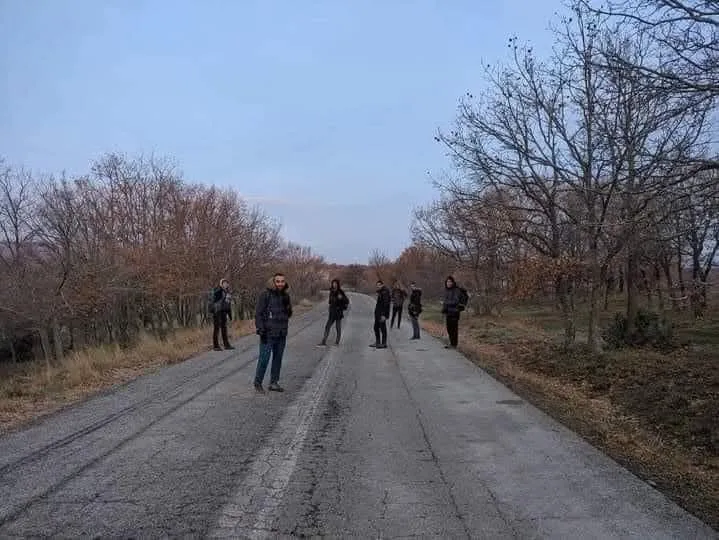
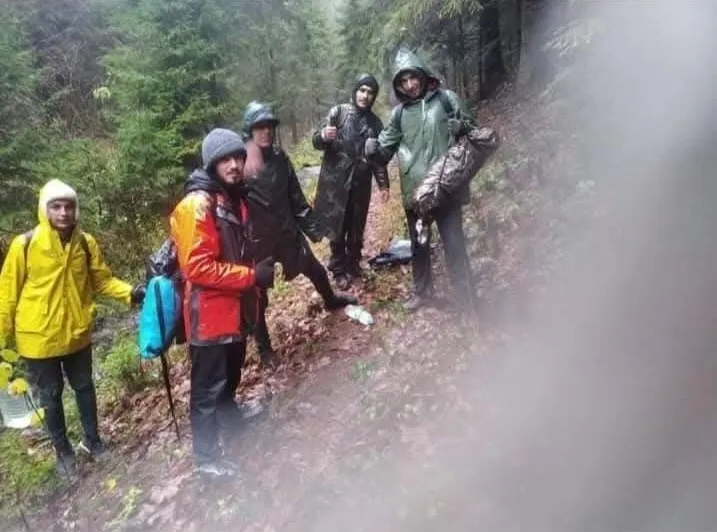
The land route from Istanbul is far from easy, with multiple border crossings patrolled by aggressive and violent border police intent on pushing migrants back. Deportations along this route typically involve forcing people back over the last border, meaning that migration is often just a matter of time and persistence.
During my time in Spain I have met many Moroccans who travelled by this route. The challenges they face are typically related to how much they can afford to pay organised traffickers. Those who can afford it are driven in private vehicles and smuggled into safe houses whilst they wait for opportune moments to cross borders. Those less fortunate walk thousands of miles through forest rails and mountains on foot, clinging under truck chassis for hours on end in the hopes of evading capture.
Rachid tells me of his experience crossing into Bulgaria:
“We crossed into Bulgaria at 6 am but maybe one kilometre in, the army found us with a lot of dogs searching for us. Everyone ran in different directions and I lost the group. I ran as fast as I could to escape and then finally collapsed and slept in the forest. At 5 am the next morning. I found a big road going towards Sofia. I walked along it for hours in the cold, without food, without drink, without anything. When I entered a supermarket, one person there told me he would call the police, so I ran”.
Eventually, Rachid found a service station with free wifi and reconnected with the trafficker who helped him cross as far as Croatia, but he was arrested and deported twice along the way. From there the journey became a little easier, with social organisations providing respite along the way, and police violence less of a risk.
“Many people cannot find work”
Despite having made it to Spain, Rachid’s journey is far from over. Whilst vital to the region’s economy, many undocumented migrants live in slums hewn from discarded pallets and plastic sheeting from the greenhouses. Around 120 of these chabolas lie hidden amongst the thousands of greenhouses — of various sizes and construction. Without access to running water or sanitation, they face problems with health and fires occur frequently.
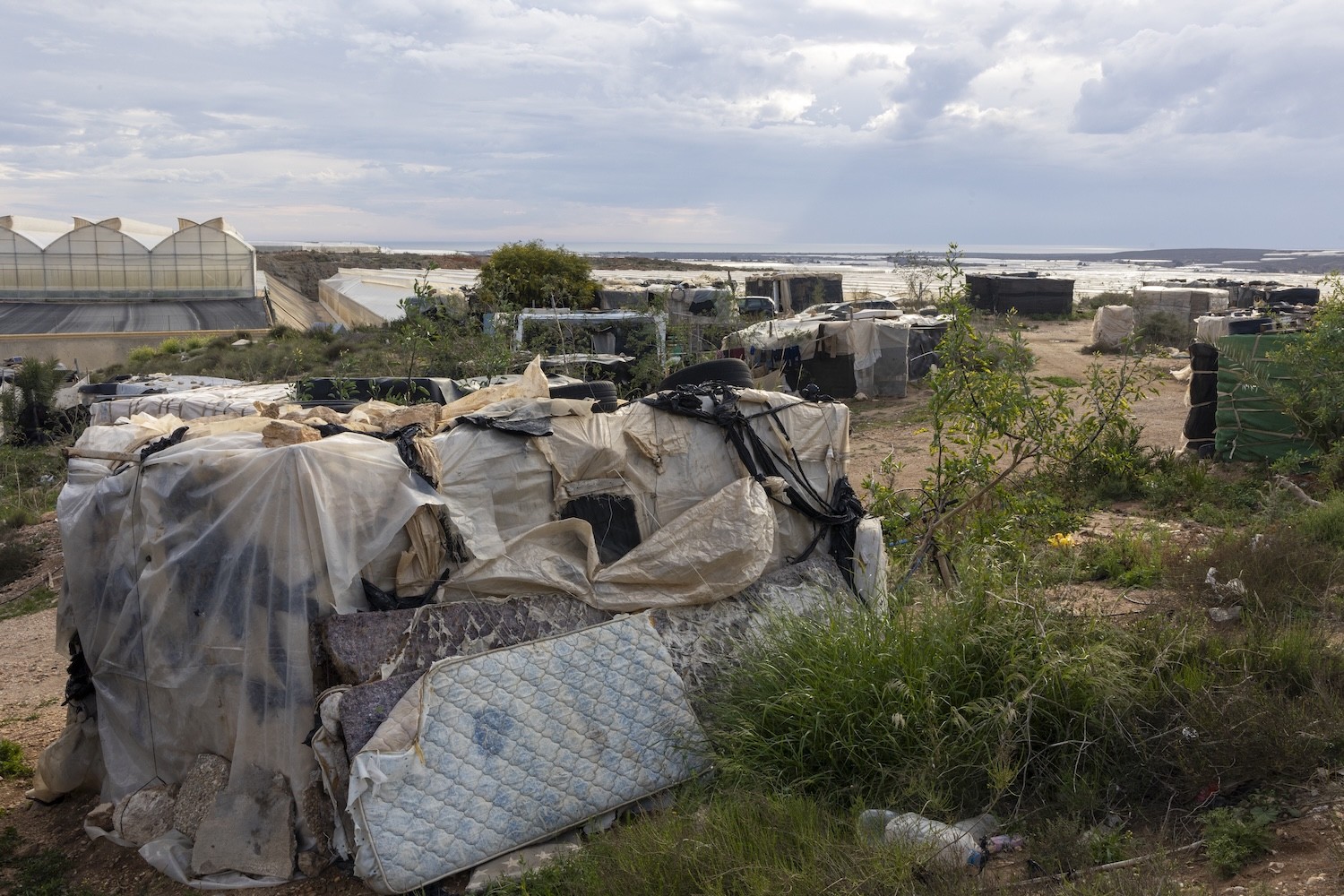
Their undocumented status means that greenhouse owners get away with paying them well below the minimum wage — Rachid tells me he earns 40 Euro per 8-hour day, but pay is docked when heat prevents them from working. Already in March, the greenhouses are 20 degrees Celsius warmer than outside. In the summer they will reach 60 degrees Celsius. Many people are forced to work more days than they are paid. The threat of being fired stops them from complaining. Wage theft is common.
Despite these difficulties, there are far more people here than there are opportunities. “I had great difficulty finding work here in the greenhouses because of the overcrowding”, Rachid tells me. “I know many people who find it difficult to find work when they arrive here”. Moroccans join a host of other nationalities amongst the greenhouses of Almería, and the region’s reputation as an easy place to work without papers has meant a rapid leap in immigrants from West Africa — 46,843 people arrived in the Canary Islands by small boat in 2024, with many heading to Almería. A number of migrants from Senegal explained that many people sleep in stairwells, unable to find work or accommodation.
But for Rachid, two months of searching have paid off — he finally secured a job in a greenhouse 8 kilometres away from his shack. The work is incredibly hard, he explains, but he knows he is working for a better future for himself and his family, to whom he is now able to send money home: “Whenever I am working I just think about my family. I just want to get my papers and go and see my mother”.
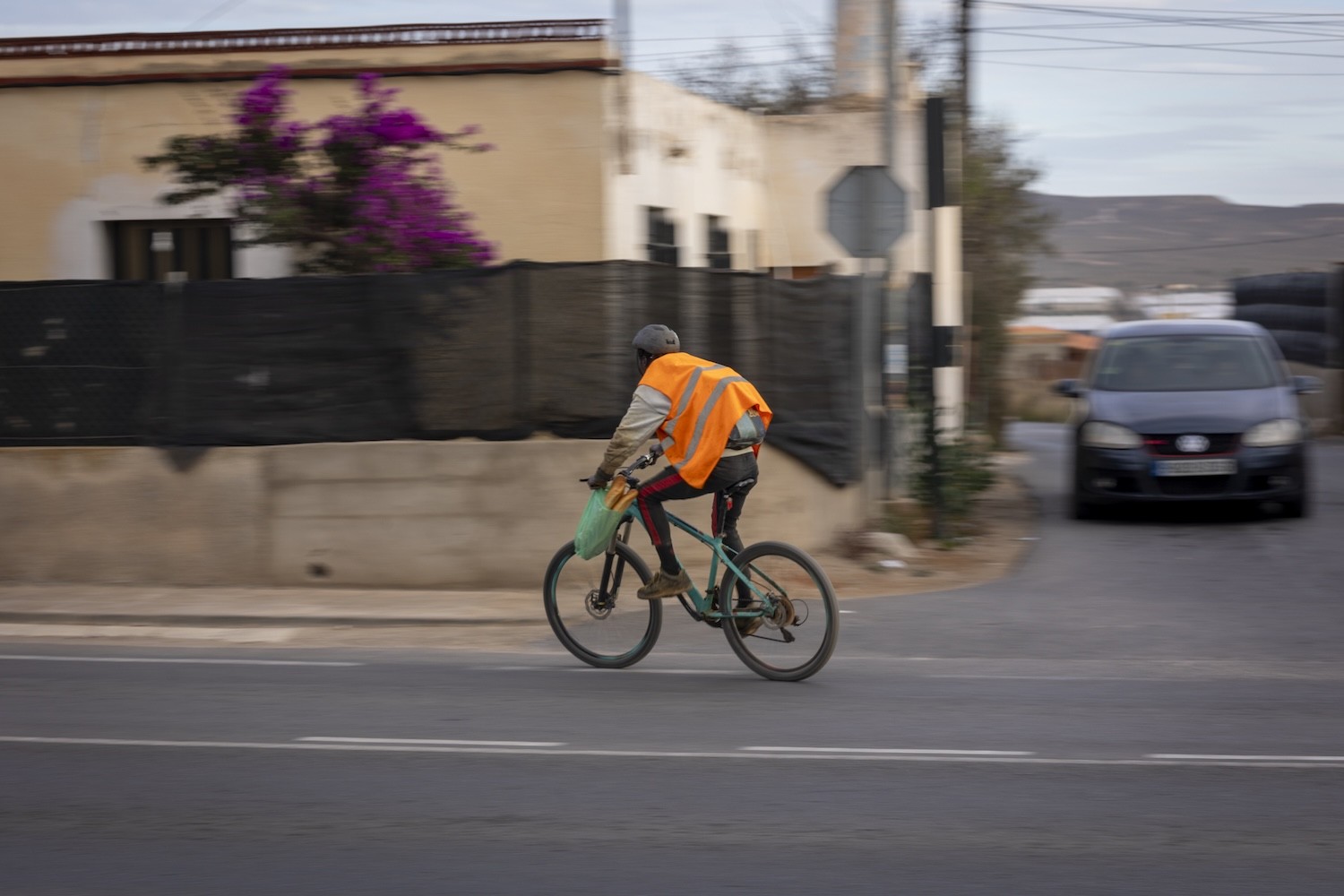
There are social organisations here working to support the migrants. A suite of organisations, like the Red Cross and Cáritas, offer vital Spanish lessons in the chabolas and local community centres. They also help navigate challenging bureaucracy in the effort to get papers. A local trade union, SOC-SAT, supports cases of labour abuse and helps workers to organise and improve working conditions. But the demand for exploitable labour is constant.
The greenhouses here are still growing, in both size and intensity of production. As soon as workers get their paperwork and can leave, many move on from Almería to less exploitative opportunities and places. This creates a constant throughflow of desperate, readily-exploited people. Every few years, many of the hundreds of thousands of workers here move on, creating a vacuum that is immediately filled by other migrants. As long as Europe’s demand for year-round, low-cost fruit and vegetables continues without minimum wholesale prices, this exploitation will increase. As long as international trade pressure on countries like Morocco and Senegal continues, the supply of desperate people looking for hope will carry on.
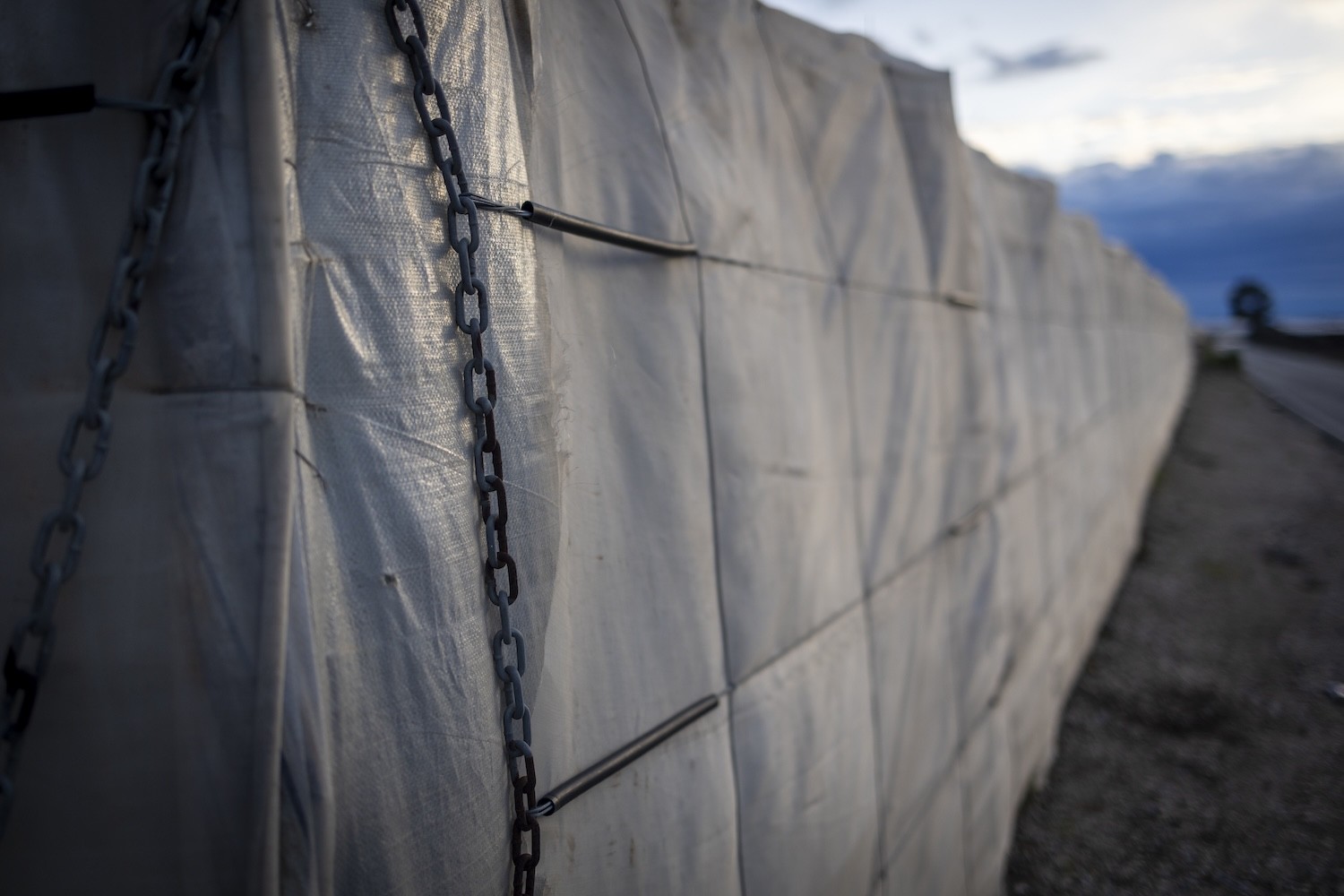
“Despite everything… life is better than in Morocco”
Despite the difficult conditions, Rachid has no regrets: “Would I want to go back to Morocco right now? No, because here life is better than Morocco. Even though it’s my own country, I don’t like what it stands for. There are no jobs there, the government is corrupt”. Spain is beginning to feel like home.
Rachid’s experience is not unique — it is shared by tens of thousands of migrants who leave a lack of opportunities at home only to face new kinds of challenges in Europe. The dangers of the journey are not a temporary hardship, but a glimpse of the exploitation and insecurity that awaits them in places like Almería. However, for many people, this remains their only viable option. Europe continues to benefit from exploited labour to fill supermarket shelves with year-round fruit and vegetables, while the human cost is hidden behind sheets of plastic and institutional indifference. Without coordinated international action and accountability, the system will remain rigged in favour of profit — and the suffering of those like Rachid will remain out of sight, and out of mind.
*This story was originally published in The New Climate







